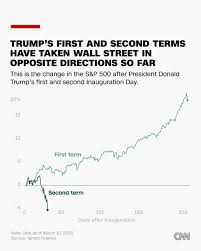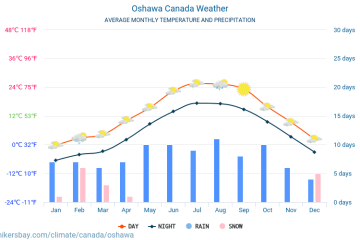The Influence of Donald Trump on the Stock Market

Introduction
The relationship between politics and economic performance has always been a focal point for investors and analysts. Donald Trump’s presidency marked a significant period of volatility and change in the stock market, shaping investor sentiment with his policies and tweets. As the 2024 presidential election approaches, understanding Trump’s influence on the stock market is crucial for investors and stakeholders.
Trump’s Economic Policies
During his presidency from 2017 to 2021, Trump’s administration implemented various economic policies, including tax cuts, deregulation, and a trade war with China. The Tax Cuts and Jobs Act of 2017 resulted in significant reductions in corporate taxes, which led to a surge in profitability for many companies. As a result, major indices like the S&P 500 reached historic highs, with the Dow Jones Industrial Average crossing the 30,000 mark for the first time in late 2020.
However, Trump’s tenure was not without challenges. The trade war with China created uncertainty for many investors, causing fluctuations in the stock market. Additionally, the onset of the COVID-19 pandemic in early 2020 led to unprecedented volatility, with the stock market experiencing one of its fastest declines in history. Trump’s response to the pandemic and his messaging around economic recovery influenced market trends significantly.
Recent Developments
After leaving office, Trump’s continued presence in the political landscape and his ongoing comments about the stock market have kept investors on their toes. Recently, he has hinted at a second presidential run in 2024, leading to speculation on how his return might affect the market. Recent polls show that a significant portion of the Republican base remains supportive of him, which could lead to favorable perceptions of certain sectors if he were to regain power.
Moreover, the current market dynamics, including rising interest rates and inflation concerns, pose challenges that may not be directly tied to Trump but are influenced by the overall political climate in which he is an active player. Investors are trying to navigate these complexities while keeping an eye on Trump’s potential impact on market regulations and economic policies moving forward.
Conclusion
Understanding the influence of Donald Trump on the stock market is essential for investors as the political landscape continues to evolve. While his past policies contributed to stock market gains, recent developments indicate a volatile environment influenced by various factors beyond his control. As the 2024 presidential election approaches, the market may experience fluctuations based on speculation regarding Trump’s potential candidacy and its implications. Investors are urged to remain vigilant and consider both historical data and current political developments when making investment decisions.









